
Biodiversity conservation is often associated with protecting endangered species and preserving natural habitats. However, the connection between biodiversity and waste management is not always immediately apparent. These two seemingly separate issues are deeply intertwined, and understanding their relationship is crucial for promoting sustainable practices and safeguarding our planet's health.
The Biodiversity Crisis
Biodiversity refers to the variety of life on Earth, including ecosystems, species, and genetic diversity. It plays a fundamental role in maintaining ecosystem stability, maintaining essential ecosystem systems, and supporting human well-being. However, human activities, such as deforestation, habitat destruction, pollution, and climate change, have led to a significant loss of biodiversity worldwide.
The Role of Recycling in Biodiversity Conservation
Recycling plays a vital role in biodiversity conservation by easing the negative environmental impacts of waste and promoting sustainable systems:
- Habitat Preservation: By reducing the demand for new raw materials, recycling helps minimize habitat destruction and preserve natural ecosystems. Recycling materials like paper, metal, and glass reduces the need for resource extraction, protecting forests, wetlands, and other vital habitats.
- Pollution Prevention: Recycling helps prevent pollution by diverting waste from landfills and incinerators. Recycling plastic, for example, reduces the amount of plastic pollution in oceans and waterways, safeguarding marine biodiversity.
- Resource Conservation: Recycling conserves valuable natural resources by promoting the reuse of materials from discarded products. Recovering materials through recycling minimizes the ecological footprint of human activities.
Promoting Sustainable Waste Management Practices
To enhance biodiversity conservation efforts through waste and recycling, individuals, communities, and policymakers can take the following actions:
- Reduce, Reuse, Recycle: Prioritize waste reduction and reuse to minimize the generation of waste. Embrace recycling as a sustainable solution and support recycling programs in your community.
- Educate and Advocate: Raise awareness about the link between waste, recycling, and biodiversity conservation. Advocate for policies that promote sustainable waste management practices, such as extended producer responsibility and circular economy initiatives.
- Support Innovation: Support initiatives that advance research and innovation to improve waste recovery and recycling, and support companies that use recycled materials and circular design principles.
Biodiversity conservation and waste management may seem like separate issues, but they are fundamentally linked. Every action we take to reduce waste and promote recycling contributes to the preservation of biodiversity and the health of our planet.






















































.png)

%20(25).png)
%20(24).png)
%20(22).png)
%20(21).png)
%20(20).png)
%20(19).png)









%20(12).png)










.png)





.png)
.png)

.png)

.png)


.png)

.png)





.png)
.png)





.png)



.png)











.png)









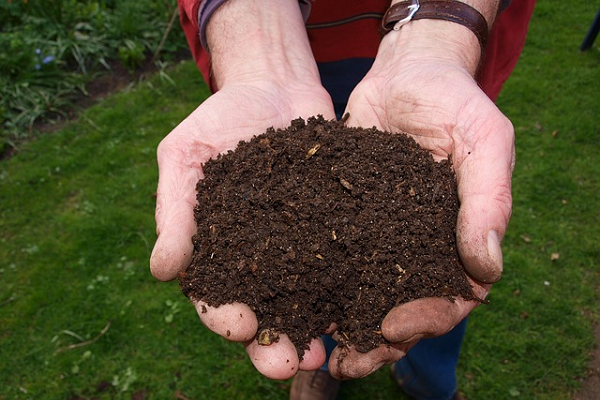
.png)

.png)






.jpeg)



.png)




.png)







%20resize.jpeg)



%20small.png)

.png)
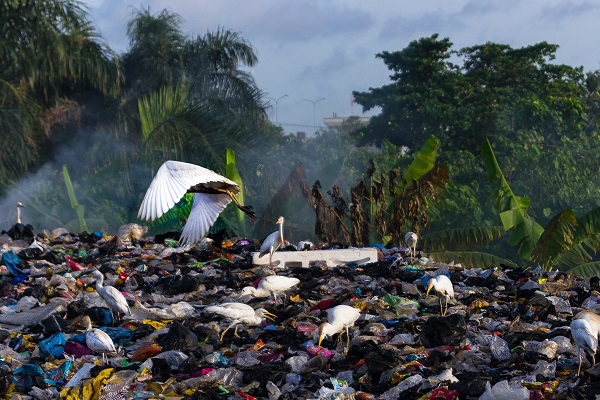
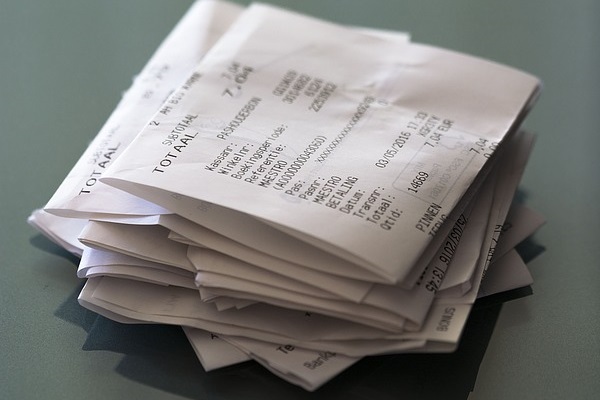



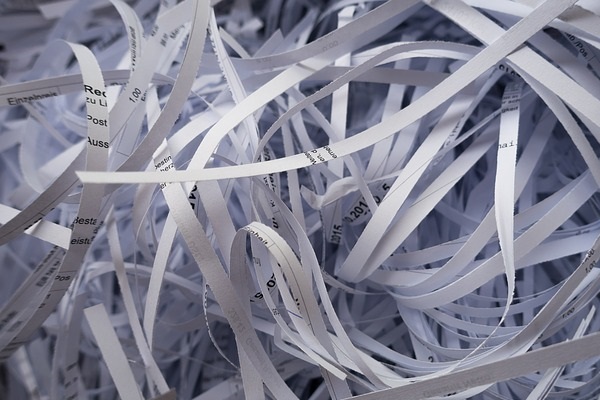

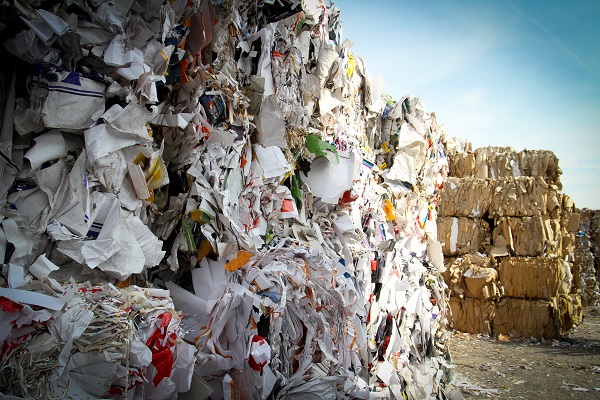

.png)
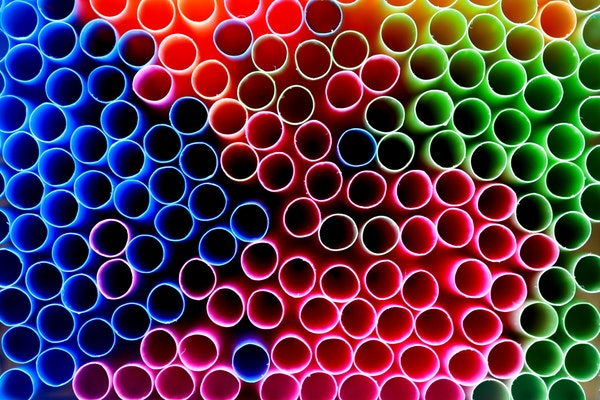
.png)


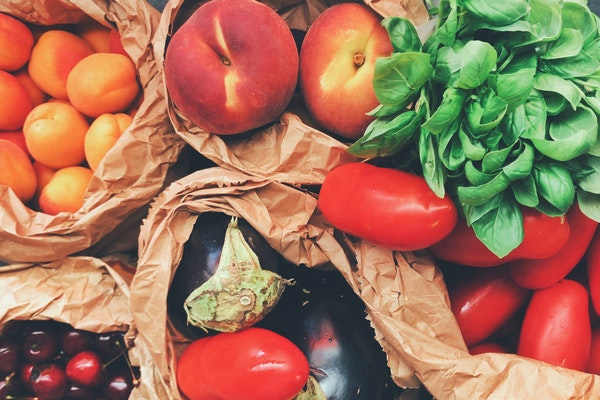







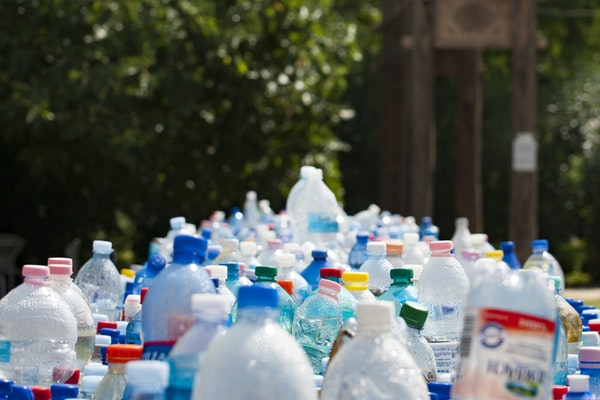
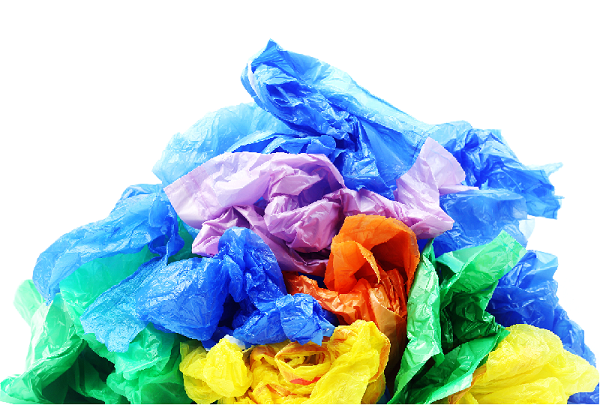



.jpg)
.jpg)
.jpg)
